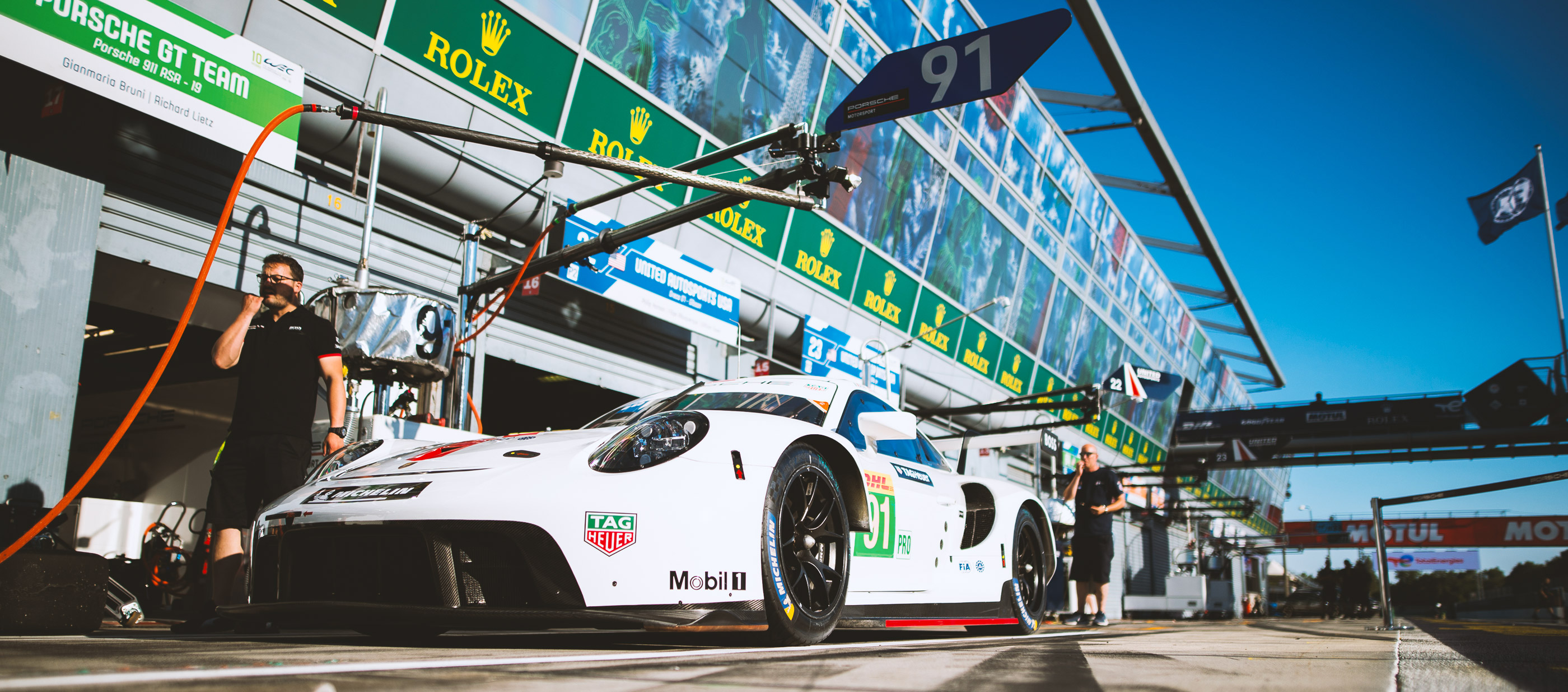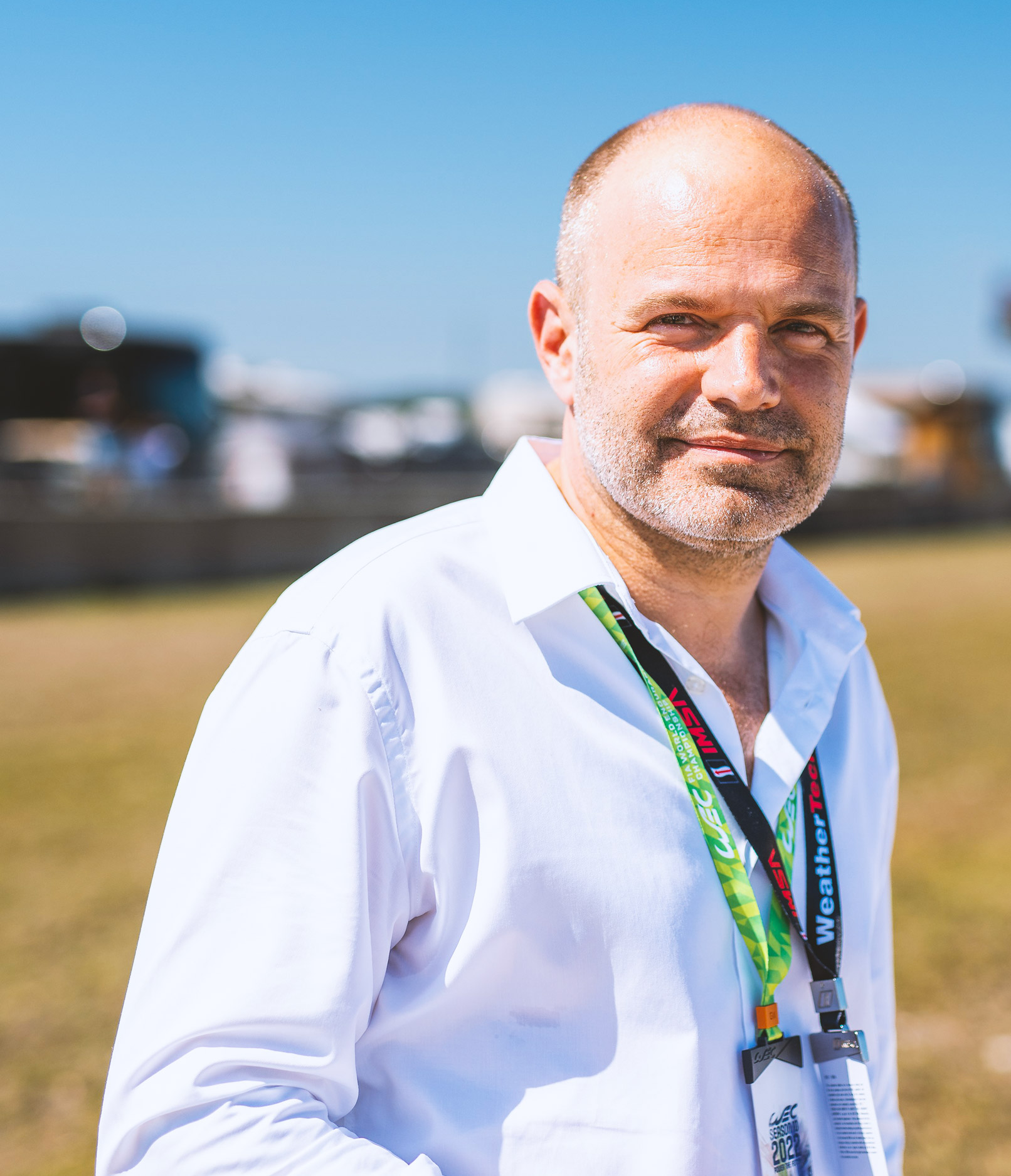Wine residue fuelling FIA World Endurance Championship’s sustainable race to the top

The World Endurance Championship (WEC) is a 330kph laboratory that is leading the way in sustainable fuel technology whichcould one day be powering road cars.
As wellas thrilling action on the track as the premier global race series for sport scars, theWEC is the first elite championship in motorsport to use 100% renewable fuel following a collaboration with French company Total Energies.
Over the years the WEC has seen major developments in aerodynamics, tyres, headlights, fuel injectionand braking systems which often eventually make their way into the road cars produced by manufacturers such as Toyota, Peugeot, Ferrari and Audi.
But the fuel that powers the sportscarshas remained relatively unchanged for decades. Until this year, that is, with theintroduction of Excellium Racing 100 for the six-round calendar.
The fuel is 100% organic, made from grape residues produced by the French wine industry and contains not a drop of petrol.

"The relationship we have today with Total Energies is exciting as we share a common goal," Frederic Lequien, the WEC's Chief Executive said.
"It is to make the world championship the place for new technologies, a real laboratory, alaboratory within a laboratory and we are proud to collaboratewith them."
"Together weare taking endurance racing towards CO2 neutrality. It is unique in the history of motorsport and this is the only championship today that uses this type of fuel."
Using motorsport as the platform to present innovative solutions,we will bring sustainability to everyone."
Excellium Racing 100, the result of 18 months of research and development, is produced from the wine residues through a process of fermentation, distillation and dehydration.
It is thenblended with ETBE (Ethyl Tertiary Butyl Ether), which is also a 100% renewable component.
Romain Aubry, multi-energy technical manager at Total Energies, said: "With this 100 % renewable fuel,sustainable developmentis at the heart of our competition programmes.
"Compared to a standard racing fuel,Excellium Racing 100 will provide 65% less greenhouse gases over its life cycle."
Patrick Pouyanne, Chairman and CEO of Total Energies, said: "Since 2016,Total has beencommitted to making a significant move towards new energy solutions in order to fulfil our mission to bring our customers more affordable, accessible and clean energy.
"Energy is changing and so are we. The 2020s is a critical decade to achieve our target of becoming carbon neutral by 2050."
"In this decade we need to transition from supplying current energies such as petroleum and gas to proving tomorrow's energies: renewable electricity, solar, wind, hydrogen or biomass."
"Motorsport has always pushed our company towards innovation especially in endurance racing."
The aim for the new fuel was there would be no impact on the overall performance of the engine or fuel consumption.
Nicolas Lapierre, who competes for the Alpine Elf team in the WEC, said: "Total have done a very good job on this subject."
We know that nowadays it is very important to be as green as possible. This fuel is a huge step forward and running it is quite exciting."
Since the early days of motor racing, the major manufacturers have used the sport as a way of promoting their brand.
But competition has also been a test-bed for developments in areas such as safety, braking and fuel performance that then become standard on road cars.
The WEC -where races range from six hours to 24,such as the Le Mans 24 Hours classic -puts greater emphasis on higher-performance fuels given the race duration and high mileage.
And in an era in whichclimate issues have focused minds on researching and developing renewable energy sources and moving away from fossil fuels,the major manufacturers involved in the sport know it is key to their future plans.
"Motorsport would have no meaning for us if it was not preparing for a sustainable mobility future." Pascal Vasselon, Toyota Motorsport's TechnicalDirector, said. "This is really why we have supported this decision to move very quickly to a sustainable future."




